Twists, turns in Unima split
Barely four years after recommending the delinking of University of Malawi (Unima) constituent colleges to form standalone public universities, the Unima Council has changed tune, sparking mixed reactions, including questions on the legality of its recent decision.
In the first place, the decision to unbundle Unima, the country’s oldest and biggest public university established in 1965, was informed by findings of a task force headed by the Office of President and Cabinet (OPC) which also counted the same council among its members.
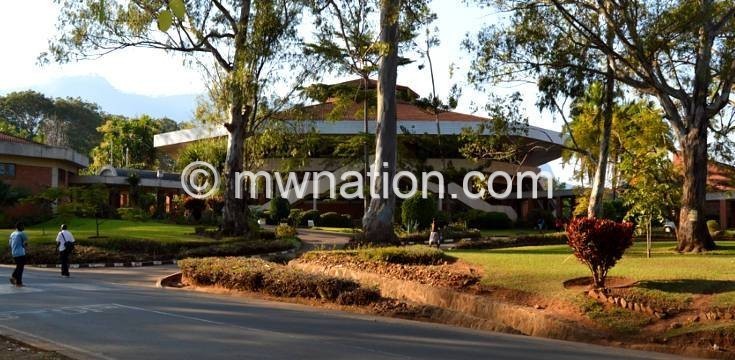
Through the unbundling process, Chancellor College was set to remain under Unima while the College of Medicine and Kamuzu College of Nursing were to merge into Kamuzu University of Health Sciences (KUHeS) and The Polytechnic was to become Malawi University of Business and Applied Sciences (Mubas).
Minutes of an OPC meeting held in April 2017 as part of the public sector reforms show that the decision to delink the constituent colleges followed wider consultation and was part of the Public Sector Reforms Programme agenda.
In its statement last week, the Unima Council said the unbudnling decision taken during its 102nd Extraordinary Meeting on July 10 2017 was invalid.
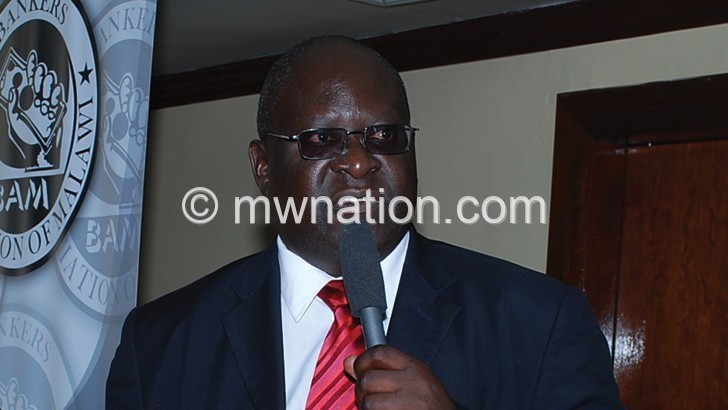
But the U-turn by the council contradicts the reform agenda for tertiary education which under the Public Sector Reforms Programme placed the unbundling of Unima a priority. Ironically, the unbundling was championed by both the former Democratic Progressive Party (DPP) and the current Tonse Alliance administrations.
Documents we have seen show that the unbundling process was set in motion in 2015 when former president Peter Mutharika met the Unima council. Other public universities are Mzuzu University, Lilongwe University of Agriculture and Natural Resources and Malawi University of Science and Technology.
Reads minutes of the meeting between Mutharika, public universities and other stakeholders: “It was made clear that government does not have a position on the matter and that it was open to which ever decision will be made by Unima.
“It was further stressed that Unima is being given last chance to make a decision, if there is any more delays, government will take over and make a decision on this reform area.”
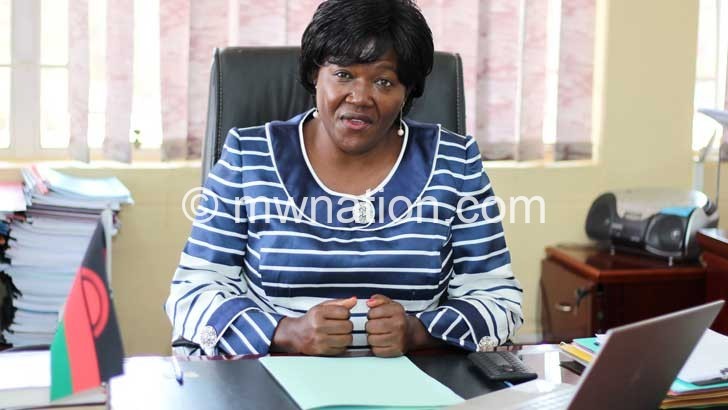
Following the change of administration through the court-ordered fresh presidential election on June 23 2020, the delinking process gathered momentum with Parliament passing a law to facilitate the same. President Lazarus Chakwera swiftly signed the Bill into law.
In September 2020, Vice-President Saulos Chilima, who is also the political champion of the Public Sector Reforms Programme, supported the unbundling of Unima after meeting representatives of the Unima Council to assess progress.
Writing on his Facebook page, he warned against sudden change of heart on the matter, saying: “A decision was made to delink the colleges. Progress has been made, including a Bill which was already assented to, therefore, it is time for implementation. I have said it now and then that once we make decisions as a country we must implement and move on.”
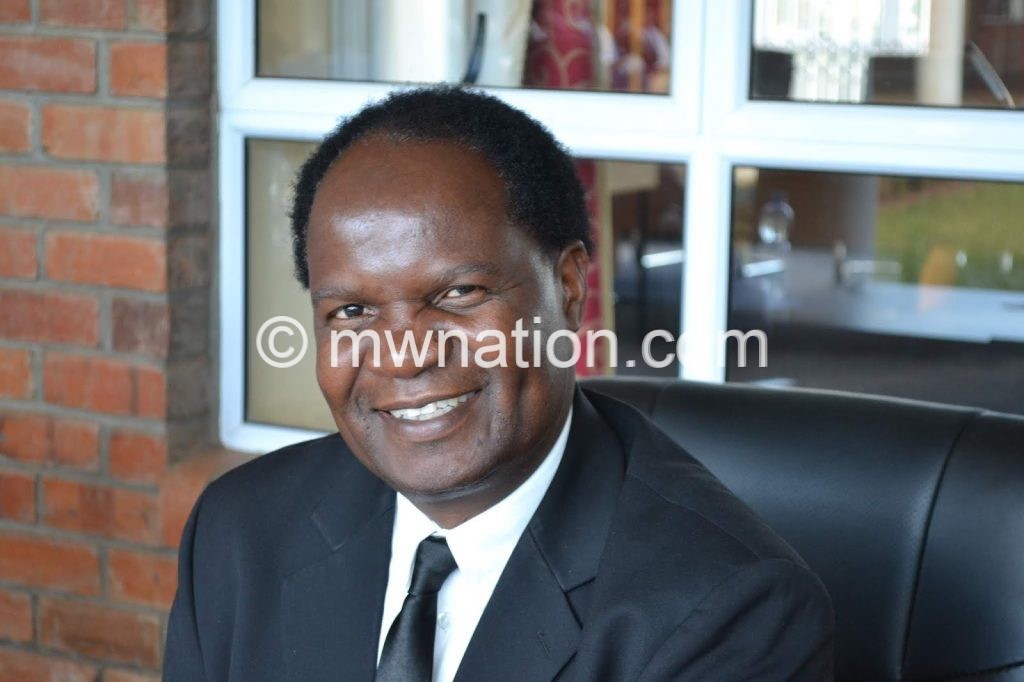
Unima Council chairperson Professor Jack Wirima on Wednesday could not be reached for comment, but Unima registrar Benedicto Okomaatani Malunga said in an interview the U-turn by the council was meant to correct a legal mistake.
Malunga said: “The statement we issued is self-explanatory. I was not part of the council meeting, but the position of the council is that this is a legal issue. The council is saying that the delinking process was done in total disregard of the law, they are correcting the law.”
Presidential press secretary Brian Banda could not immediately indicate the President’s position on the matter while the Vice-President’s spokesperson Pilirani Phiri referred The Nation to Chilima’s earlier statement on the issue as quoted above.
The decision by the council has sparked mixed reactions from legal scholars and education rights activists.
In a detailed legal opinion made available to The Nation, University of Cape Town professor of law Danwood Chirwa faulted the Unima Council’s reversal, saying it was legally wrong and surprising.
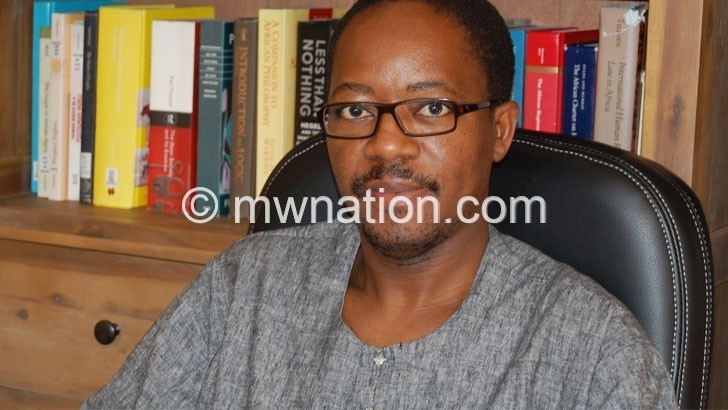
He said: “The undisclosed legal opinion on which council relied appears to address whether senate had legal authority to recommend to council to delink or unbundle the colleges of Unima.
“The opinion quotes at length Section 10 of the repealed Unima Act of 1998, but fails to analyse the relevant sections. In the end, it concludes rather rashly and surprisingly that senate had no such authority.
“The opinion is easily shown to be legally wrong. First, it ignores the specific provisions of Section 10(1) (a) of the repealed Unima Act and other provisions of that section. Second, it is founded on insufficient understanding of the nature of the powers of council and senate and how they operate, or are supposed to operate, in practice within Unima and other public universities.”
Chirwa adds that the opinion “latches on to the vague provision of Section 18 of the repealed Unima Act which provides that the senate shall perform such functions and exercise such powers as are prescribed by this Act or by the Statutes to be performed or exercised by the senate…”
When contacted, Malawi Law Society (MLS) president Burton Mhango on Wednesday referred The Nation to an earlier statement in which the society argued that the decision by the council had no legal basis.
“An Act of Parliament is above any decision to reverse the decision that council can make. The decision by council cannot have any effect on an Act of Parliament,” he said.
Meanwhile, the Civil Society Education Coalition (Csec) has asked the Ministry of Education to expedite the process of gazetting the commencement date for the 2019 Act of Parliament aimed at repealing the Unima Act of 1998.
The gazetting would lead to establishment of the three entities, namely Unima, Mubas and KUHeS.
In a letter dated January 25 2021 to Minister of Education Agnes NyaLonje, Csec executive director Benedicto Kondowe said by end of February 2020 all concerned colleges had made thorough preparations to necessitate the fixing of the commencement date.
He said: “The Ministry of Finance recognised the new universities in the budget documents for 2019/20 and 2020/21. In the same breadth, the current President’s first State of the Nation Address of 4th September, 2020 was firm in achieving the delinking of the Unima concluded during the first year in office.
“We would like to call on your office to move speedily as per the recommendation of the Vice-Presidentto set the commencement date as Parliament directed.”
But Ministry of Education Principal Secretary Chikondano Mussa said the Unima Council was better placed to respond to queries.
She said: “When it comes to the stage where the ministry has to act, we will let you know. We cannot say this or that has not happened because the ministry has not done its part.”
In an apparent reaction to criticism of the Unima Council by Chirwa and others, Professor Garton Kamchedzera of Chancellor College said there was no written law against the decision.
In a series of write-ups on the matter, he argued that Cabinet ministers both in the DPP and Tonse Alliance administrations were yet to put the said laws into operation; hence, the old Unima Act remained the guiding legal framework.
Kamchedzera argued: “The delinking process effectively has been proceeding without any law to guide it. Despite that, it has gone on for a long time and resources have been expended as expectation interests have been established.
“Entrusting a minister to bring those four laws into operation was sloppy and irresponsible law-making on part of those who wanted those four Acts. It does not make sense to me to shout that the decision of the new council is illegal or irrational.”
He also said the Unima Council’s decision was an example of “refined legal reasoning” to attain an aspiration or desire.
In a statement released on January 2, Unima assistant registrar Ashannie Gawa said the council resolved to set aside the process pending a functional review to guide it on what needs to be done.





